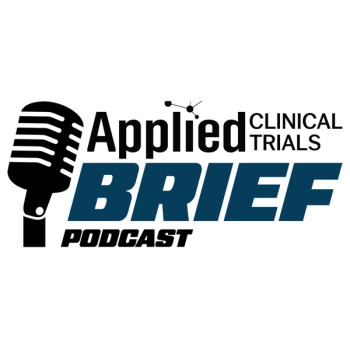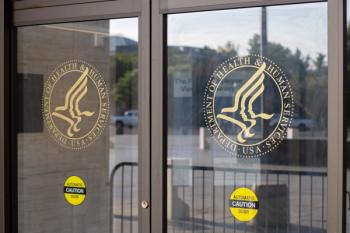
The Lancet: Insisting Only on Randomized Controlled Trials for Ebola Treatments Unethical and Impractical, say Leading Health Experts
Leading health experts today urge the deployment of alternative trial designs to fast-track the evaluation of new Ebola treatments.
Leading health experts [1] today urge the deployment of alternative trial designs to fast-track the evaluation of new Ebola treatments. In a letter to The Lancet, 17 senior health professionals and medical ethicists, from Africa, Europe, and USA, argue that although randomised controlled trials (RCTs) provide robust evidence in most circumstances, the lack of effective treatment options for Ebola, high mortality with the current standard of care, and the paucity of effective health care systems in the affected regions means that alternative trial designs need to be considered.
They write that, “No-one insisted that western medical workers offered zMapp and other investigational products were randomised to receive the drug or conventional care plus a placebo. None of us would consent to be randomised in such circumstances. In cancers with a poor prognosis for which there are no good treatments, evidence from studies without a control group can be accepted as sufficient for deployment, and even for licensing by regulators, with fuller analysis following later. There is no need for rules to be bent or corners to be cut: the necessary procedures already exist, and are used.”
“We accept that RCTs can generate strong evidence in ordinary circumstances; not, however, in the midst of the worst Ebola epidemic in history”, they conclude. “The urgent need is to establish whether new investigational drugs offer survival benefits, and thus which, if any, should be recommended by WHO to save lives. We have innovative but proven trial designs for doing exactly that. We should be using them, rather than doggedly insisting on gold standards that were developed for different settings and purposes.”
NOTES TO EDITORS:
[1] The signatories are: Clement Adebamowo, Oumou Bah-Sow, Fred Binka, Roberto Bruzzone, Arthur Caplan, Jean-François Delfraissy, David Heymann, Peter Horby, Pontiano Kaleebu, Jean-Jacques Muyembe Tamfum, Piero Olliaro, Peter Piot, Abdul Tejan-Cole, Oyewale Tomori, Aissatou Toure, Els Torreele, and John Whitehead (for affiliations please see the full letter, below)
Newsletter
Stay current in clinical research with Applied Clinical Trials, providing expert insights, regulatory updates, and practical strategies for successful clinical trial design and execution.




